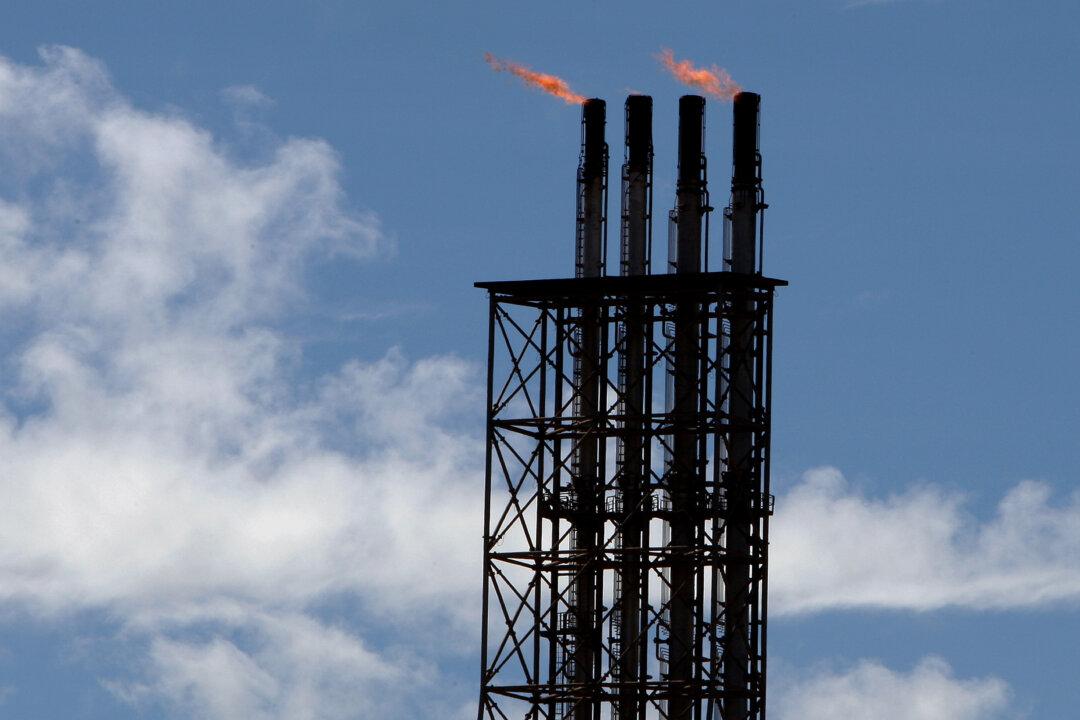Australia’s state and federal governments appear to have won a windfall as oil and gas companies are set to pay $16 billion (US$10.7 billion) in tax.
This comes just weeks before Federal Treasurer Jim Chalmers delivers federal Labor’s second budget.

Australia’s state and federal governments appear to have won a windfall as oil and gas companies are set to pay $16 billion (US$10.7 billion) in tax.
This comes just weeks before Federal Treasurer Jim Chalmers delivers federal Labor’s second budget.